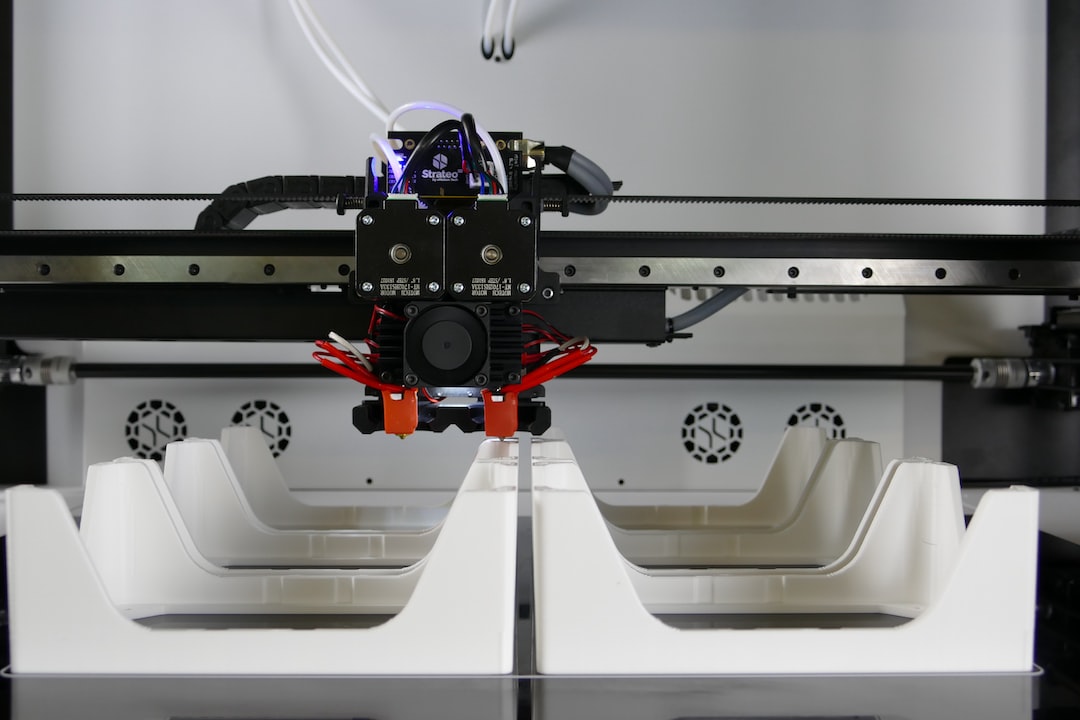The Potential of Quantum Machine Learning: Advancements and Challenges
Advancements in technology have led to the exponential growth of Artificial Intelligence (AI) and Machine Learning (ML) applications in recent years. These technologies have proved to be immensely powerful in solving complex problems and making accurate predictions. However, the current methods require vast amounts of computational power which can be limiting in certain situations.
Quantum Machine Learning (QML) emerges as a potentially revolutionary concept that can further enhance the capabilities of traditional ML algorithms. QML combines the principles of quantum mechanics and ML to exploit the quantum properties such as superposition and entanglement. By employing these principles, QML seeks to accelerate the learning processes and improve upon the computational efficiency of traditional methods.
One of the most promising applications of QML lies in the field of optimization. Classical optimization problems are often computationally expensive as they involve exploring large solution spaces. QML algorithms, on the other hand, can simultaneously explore multiple solutions thanks to the property of superposition. This enables QML algorithms to potentially find optimal solutions much faster than classical methods.
Another area where QML can make significant advancements is in the field of pattern recognition. Traditional ML algorithms require significant data preprocessing and feature engineering to recognize patterns accurately. QML algorithms, however, can exploit the quantum properties to discover intricate patterns and associations present in complex data sets without extensive preprocessing. This capability can open doors to various applications in fields like image and speech recognition, where pattern recognition plays a crucial role.
The potential of QML is not limited to these areas only. QML also has the capability to revolutionize drug discovery, financial modeling, cryptography, and many other fields. In drug discovery, for instance, QML can help optimize molecular structures and analyze potential drug candidates more efficiently. In financial modeling, QML algorithms can analyze vast amounts of financial data and make more accurate predictions about market trends and investment opportunities.
Despite the immense potential, QML algorithms face numerous challenges that must be overcome before they become widely applicable. One of the major challenges is the issue of noise and errors in quantum systems. Quantum computers are extremely sensitive to noise, and any interference can disrupt the computation and affect the accuracy of the results. Developing error-correcting techniques and improving the hardware reliability are crucial aspects that need to be addressed.
Furthermore, the scarcity of accessible and practical quantum computers remains another challenge. While there are quantum computers available, they are still in the early stages of development and significantly limited in terms of their computational power. As technology advances, more powerful quantum computers need to be built and made accessible for researchers and developers to fully explore the potential of QML.
In conclusion, Quantum Machine Learning holds immense promise in revolutionizing the capabilities of traditional ML algorithms. The ability to exploit quantum properties and perform computations that may have been otherwise infeasible can lead to significant advancements in various domains. However, challenges such as noise and error correction, as well as the limited availability of powerful quantum computers, need to be addressed for QML to reach its full potential. With continued research and advancements in quantum technology, we are on the verge of witnessing the next wave of breakthroughs in the field of AI and ML.

